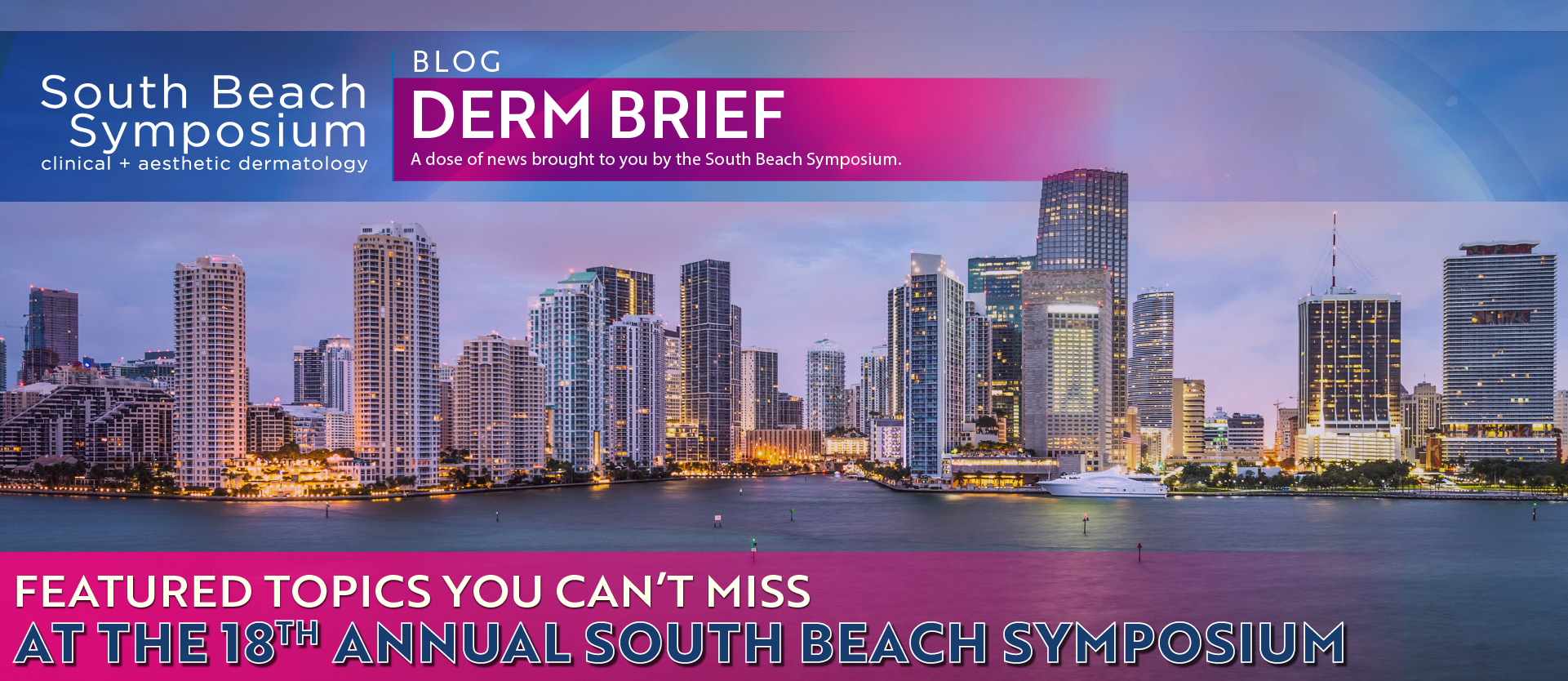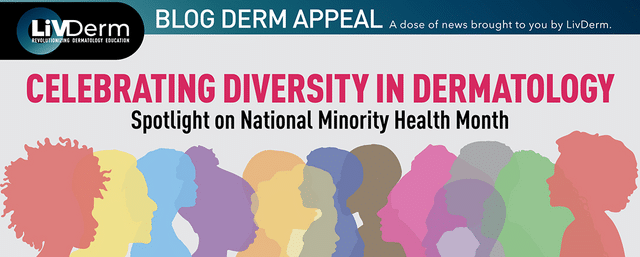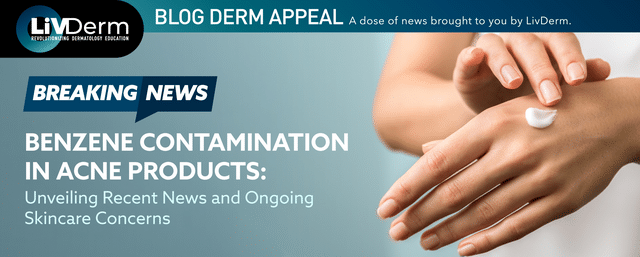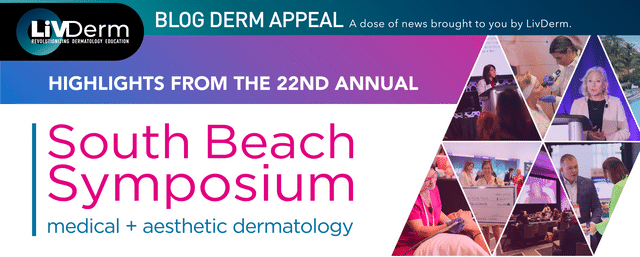With continuously expanding body of research and a growing availability of tools for practice advancement, the field of aesthetic medicine is experiencing rapid growth and change. There are now more opportunities to revolutionize the dermatologic practice than ever before, with developments in treatment modalities, medical devices, and clinical research. Staying clinically current in the evolving industry is vital to ensuring optimal patient care and practice management. The latest clinically comprehensive education for medical professionals focused on aesthetic medicine will be presented by world-renowned industry experts at the leading event in modern dermatology, the 18th Annual South Beach Symposium.
Providing a comprehensive industry update, the four-day event will deliver world-class education on innovative topics ranging from the burgeoning role of biologics in dermatology to the latest advances in melanoma treatment and prognosis. The Symposium will provide attendees with the opportunity to explore the latest topics in clinical and aesthetic dermatology as well as to learn transferrable skills, clinically current pearls, and cutting-edge techniques. Attendees of the symposium will experience an agenda curated by world-renowned practicing experts, a diverse audience of fellow healthcare professionals, and will leave with innovative skills ready to implement into their practice.
Featured Topics
Pediatric Dermatology
The latest research efforts in pediatric dermatology have resulted in significant advances in pediatric eczema treatment , developed new pediatric psoriasis guidelines, and identified many early triggers of common skin conditions in this age group. Alongside these developments, novel management strategies for vascular malformations, hyperhidrosis, molluscum contagiosum, and other diseases have emerged, prompting the need for a comprehensive review of clinical updates.
As part of the Master’s of Pediatric Dermatology Symposium (MOPD) pre-conference event chaired by Lawrence Schachner, MD, expert faculty will present the most recent treatment approaches, protocols, procedures, and practice tools needed to provide optimal pediatric patient care. The one-day session will tackle an extensive curriculum with topics ranging from approaches to care of neonates and infants with sensitive skin to the controversies surrounding the safety profiles of sunscreens, advancing education surrounding skin disorders in pediatric groups and fostering the exchange of information between medical professionals interested in the field of pediatric dermatology.
Advances in Melanoma Treatment and Prognosis
A melanoma diagnosis used to be equivalent to a death sentence – with a median survival of less than a year – but now patients are living for many years with the help of new therapies and what has been deemed a “functional cure.” Incredible advances in skin cancer treatment allowed for by increased research efforts and technological innovations have greatly improved both the treatment methods and prognosis for melanoma patients. As the industry advanced its ability to develop therapies that specifically target the immune system and mutated proteins involved in melanoma cancers, patients are experiencing higher survival rates and lifespans elongated by several years.
Developments in the understanding of disease pathology, innovations in diagnostic methods, and other advances in the field of cutaneous oncology will be discussed at the Cutaneous Oncology Symposium on Thursday, February 6th. Designed in partnership with the American Cutaneous Oncology Society, the one-day pre-conference session centers around advanced skin cancer education, analyzing the latest treatment approaches, protocols, and procedures to help practitioners deliver improved and more personalized patient care.
Light and Laser Therapy for Psoriasis
Alongside topical medications and systemic treatments, light and laser therapies have proven to be efficacious treatment options for patients with moderate-to-severe psoriasis, as they reduce skin inflammation and reduce skin cell production with limited adverse effects. Out of the currently available methods, NB-UVB therapy is recommended over others due to its high safety profile and demonstrated results in most cases of psoriasis. Meanwhile, less common phototherapy methods, such as visible light and grenz ray therapies, are not recommended due to insufficient evidence supporting their efficacy. Recently updated guidelines for phototherapy treatment prompt the need to review practice protocols to ensure safety and efficacy of these therapies as well as to ensure appropriate use and optimal patient outcomes.
Symposium attendees will have the opportunity to dive deeper into the latest advancements in therapeutic modalities for psoriasis at the Psoriasis Symposium led by Mark G. Lebwohl, MD, during Day 3 of the event.
Atopic Dermatitis
The latest developments in disease severity measures and treatment strategies reflect the growing knowledge and understanding of atopic dermatitis (AD). Often treated acutely, atopic dermatitis is a chronic condition which requires comprehensive and careful patient management strategies. While certain cases can be controlled with proper skin care, topical medications, and other conventional methods, others may warrant the use of systemic therapy to fully alleviate symptoms.
To date, one of the most difficult challenges in the treatment of AD is the long-term control of the condition with the least associated adverse effects as current therapeutic methods do not provide sufficient results. The difficulty of effective symptom control and maintenance of remission has prompted researchers to investigate potential novel therapeutic methods – such as monoclonal antibody therapies. Emerging research questions the current rescue approach to AD – aimed at treating flare-ups – and elucidates the potential long-term benefits of monoclonal antibody treatment, which may effectively suppress AD pathophysiology, alleviate symptoms, and sustain long-term remission states in patients with moderate-to-severe atopic dermatitis.
During Day 3 at the Atopic Dermatitis Symposium and the Spectrum of Eczema Symposium led by David Cohen, MD, expert healthcare professionals will present the latest education on pathogenesis, treatment targets, therapeutic options, and other developments in understanding of the condition.
Injectable Dermal Fillers
An increase in the number of cosmetic procedures performed worldwide has resulted in a growing prevalence of non-invasive and minimally invasive treatments. Per data from the American Society of Plastic Surgeons, out of 15.9 million cosmetic minimally invasive procedures conducted in 2018, there were 7.44 million botulinum toxin injections and 2.68 million soft tissue filler treatments performed.
This increased demand is expected to continue growing throughout the forthcoming years as cosmetic procedures become both more accepted and more easily accessible to patients. As the popularity of the procedure continues to grow, the dermal filler market is expected to exceed $8.5 billion by 2024, per new research from Global Market Insights. The increasing consumer demand and widespread adoption, which stem from improved injection protocols, constant introduction of novel products, as well as growing availability, are projected to spur the global dermal filler industry, leading to a growth of 6.6% by 2024.
Clinicians and other medical professionals looking to stay ahead of the curve have the opportunity to prepare for the forecasted increased demand of dermal filler procedures during an intimate, CME hands-on cadaver workshop course – the Cadaver Anatomy Lab held on Day 3 of the Symposium. Starting with a full-face surgical dissection, the workshop will cover both facial aesthetics and hand rejuvenation, providing in-depth facial anatomy instruction, guided injection experience, and comprehensive training in botulinum neurotoxin and dermal filler techniques. As part of the event, attendees will take part in a series of educational sessions led by industry experts, leaving with unparalleled hands-on experience with which to expand their practice offering, further education opportunities, and better tailor their services to a growing consumer base.
Clinical Therapeutic Innovations – The Future of Biologics
Awareness of their wide-ranging benefits has contributed to the growth in popularity of biologics, which have found many uses in medicine due to their ability to mitigate illnesses associated with the aging process. Although the use of bioidentical hormone replacement therapy (BHRT) is not part of the standard dermatological practice offering, emerging evidence suggests it may be a promising therapy for a host of skin conditions.
By focusing on optimizing patient hormonal levels, frequently in cases of age-induced hormonal disruptions, bioidentical hormone therapy has shown the ability to alleviate symptoms of dry, itchy, thin, and fragile skin by increasing hydration levels and reducing skin atrophy. Successfully designed BHRT therapies can not only fulfill the goal of anti-aging procedures by tightening and thickening aging skin, but they also carry a plethora of added benefits, including improved mood and sleep, disease prevention, and enhanced quality of life. Forecasting increased consumer demand of BHRT, experts recommend implementing biologics into the clinical setting as soon as possible.
As part of the South Beach Symposium, attendees can learn more about the integration of biologics into the aesthetic medicine practice during the Clinical Therapeutic Innovations – The Future of Biologics session led by industry expert David Cohen, MD during Day 4 of the event.
The leading event in aesthetic medicine, the 18th Annual South Beach Symposium will take place from February 6-9, 2020 at the oceanfront Loews Hotel in Miami Beach, Florida. With an agenda curated to maximize clinical education, the event attracts a diverse global audience of leading healthcare professionals. Alongside clinically current world-class education specialized in clinical and aesthetic dermatology, attendees can experience several specialty pre-conference symposia – including the MOPD Symposium, Cutaneous Oncology Symposium, and Cadaver Anatomy Lab. Those attending will join thousands of other leading industry professionals seeking to optimize patient outcomes, and ultimately revolutionize the practice of modern dermatology.
















